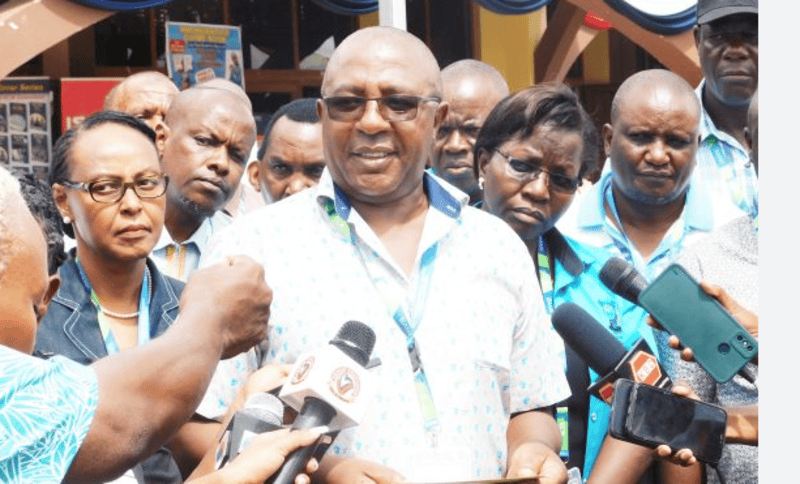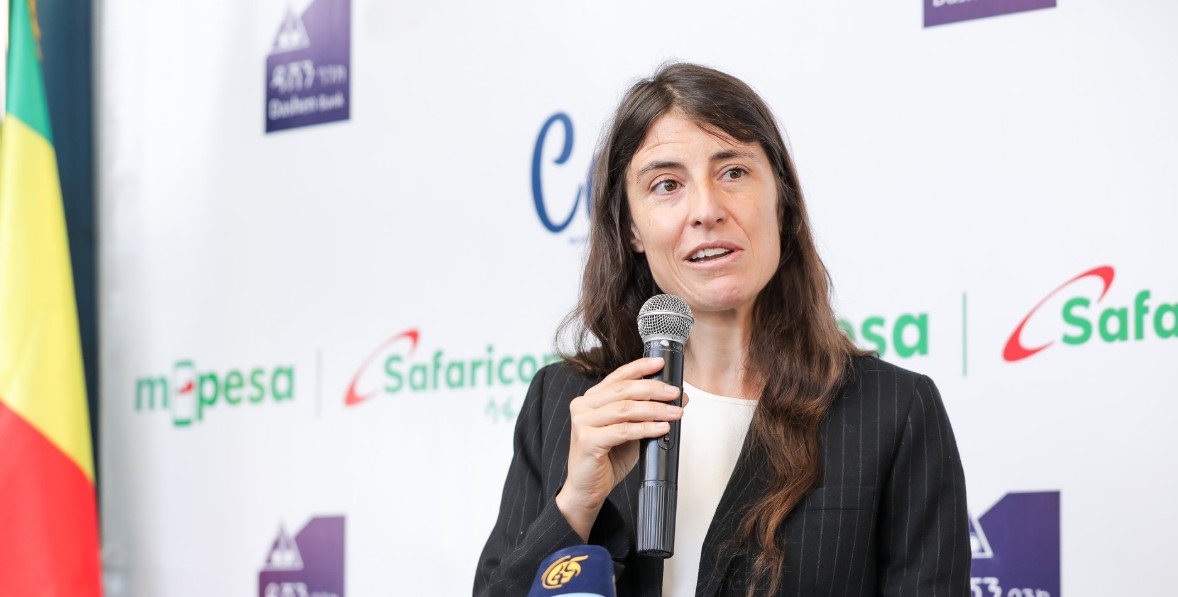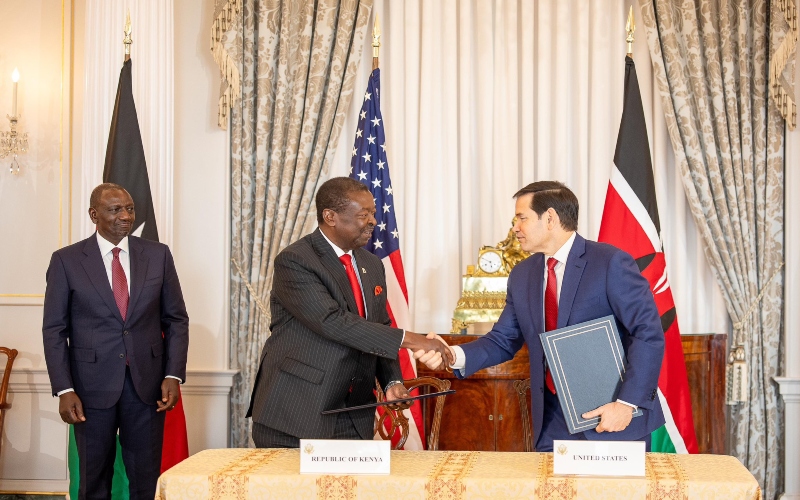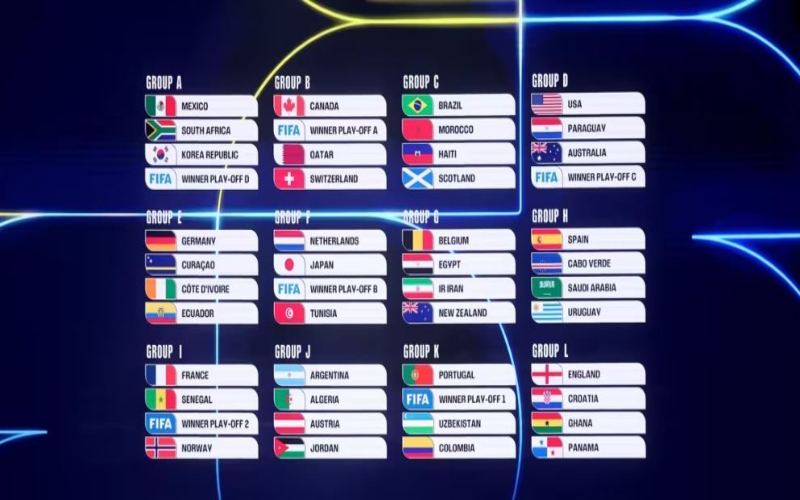Schools warn national exams integrity at risk as delayed funds disrupt preparations

School heads say the delays have crippled operations, leaving institutions unable to purchase essential materials and equipment needed for exam sessions.
Barely weeks before learners across the country sit their national examinations, schools have decried the delayed release of government funds, warning that the cash crunch is disrupting preparations and threatening to compromise the integrity of the upcoming tests.
School heads say the delays have crippled operations, leaving institutions unable to purchase essential materials and equipment needed for exam sessions. They warn that if the situation persists, students may be forced to share resources during practical tests, a scenario they describe as unfair and detrimental to performance.
More To Read
- Over 44,000 schools cleared for capitation as audit uncovers 87,000 ghost learners
- MPs outraged as Education CS reveals Sh1.1 billion paid to ghost students in public schools
- Police officer shot dead while guarding exam container in Turkana
- Capitation withheld from 29 schools pending verification, Education CS Ogamba tells MPs
- Ministry of Education addresses missing exam papers in KJSEA rollout
- Capitation crisis forces early school closures nationwide
“We are stuck waiting on deliveries from suppliers, and if they don’t arrive, our students might end up sharing equipment. That wouldn’t be fair, and it makes it very hard to ensure the exams are conducted properly. How can we expect learners to perform well when the essentials aren’t available?” a principal said.
The Kenya Certificate of Secondary Education (KCSE) exam is scheduled to start on October 21, with rehearsals on October 17. Learners under the Competency-Based Curriculum will sit the Kenya Junior Secondary Education Assessment (KJSEA) from October 27.
The tests will run concurrently with the Kenya Primary School Education Assessment (KPSEA) and the Kenya Primary Learning Evaluation Assessment (KPLEA), creating an unusually crowded examination season that threatens to overwhelm schools already grappling with limited resources.
Concerns have also emerged that the Ministry of Education’s allocation of Sh3,044 per secondary school student is insufficient to meet the growing costs of exam preparations.
Kenya Secondary School Heads Association (KESSHA) chairperson Willy Kuria said the delayed release of capitation funds has plunged schools into a financial crisis at a critical time in the academic calendar.
“This is the term for exams; schools are expected to buy materials, pay suppliers and prepare adequately, yet funds have not hit their accounts. Schools are finding it difficult to prepare for the exam. We have been assured that the money will be disbursed this week, but the delay has already disrupted operations in many schools,” Kuria told Nation.
He added that day schools and boarding institutions with low enrolment are the hardest hit, forcing some principals to borrow to buy examination materials. Kuria urged the government to expedite the disbursement, saying the uncertainty is undermining exam preparation and piling pressure on school heads already struggling to manage operational costs.
Schools are also racing against time to complete the syllabus amid severe financial strain. Principals lamented that limited resources, fee defaults and unpaid staff were making it extremely difficult to cover the curriculum on time, leaving schools racing against the clock and feeling unprepared for the upcoming exams.
They noted that the pressure to complete the syllabus this week was immense, with parents expecting results and schools aiming to release classes on October 17 to continue with exam rehearsals. Many schools also decried grappling with significant debts, with some institutions, such as one in Bomet, reporting liabilities of Sh32 million, compounded by delayed funding, fee arrears and earlier school closures that reduced teaching time.
“The little money we received barely dented the debts. It feels like a cycle we can’t escape, as soon as we clear one bill, another piles up. We are now pleading with suppliers and even talking to banks to extend us credit just to keep the school running. Meanwhile, we must keep teaching and finish the syllabus. The pressure is unbearable,” he said.
Education Cabinet Secretary Julius Ogamba said funds will only be released to schools whose enrolment data has been verified. He confirmed that 37,128 schools with 8,820,703 learners have so far been verified and funds disbursed to them, with the verification process set to be extended to higher learning institutions.
Ogamba, however, requested an additional 10 days to complete the verification process, which was initially planned to take one month.
At the same time, the Kenya Primary Schools Head Teachers Association (KEPSHA) warned that schools are “running on empty” as the crucial third term enters its sixth week.
“Head teachers are struggling to keep schools afloat,” KEPSHA chairperson Farad Ali said, calling for urgent intervention to prevent disruptions during the national examinations.
Top Stories Today















































